
The division into "physicists and lyricists" is a classic of oppositions. It is believed that you are "by default" either Newton or Pushkin. However, after studying the biographies of many prominent writers, we can easily find those who combine Yesenin and Sheldon Cooper. Moreover, talents in one area have contributed to development in another.
If the phrase “a talented person is talented in everything” is about you, then apply for our TechnoText-2020 competition . Well, if you're still in doubt, take a look at the stories below. At one time, great techie writers also faced difficult choices ...
Alexander Solzhenitsyn: How Physics and Mathematics Saved His Life
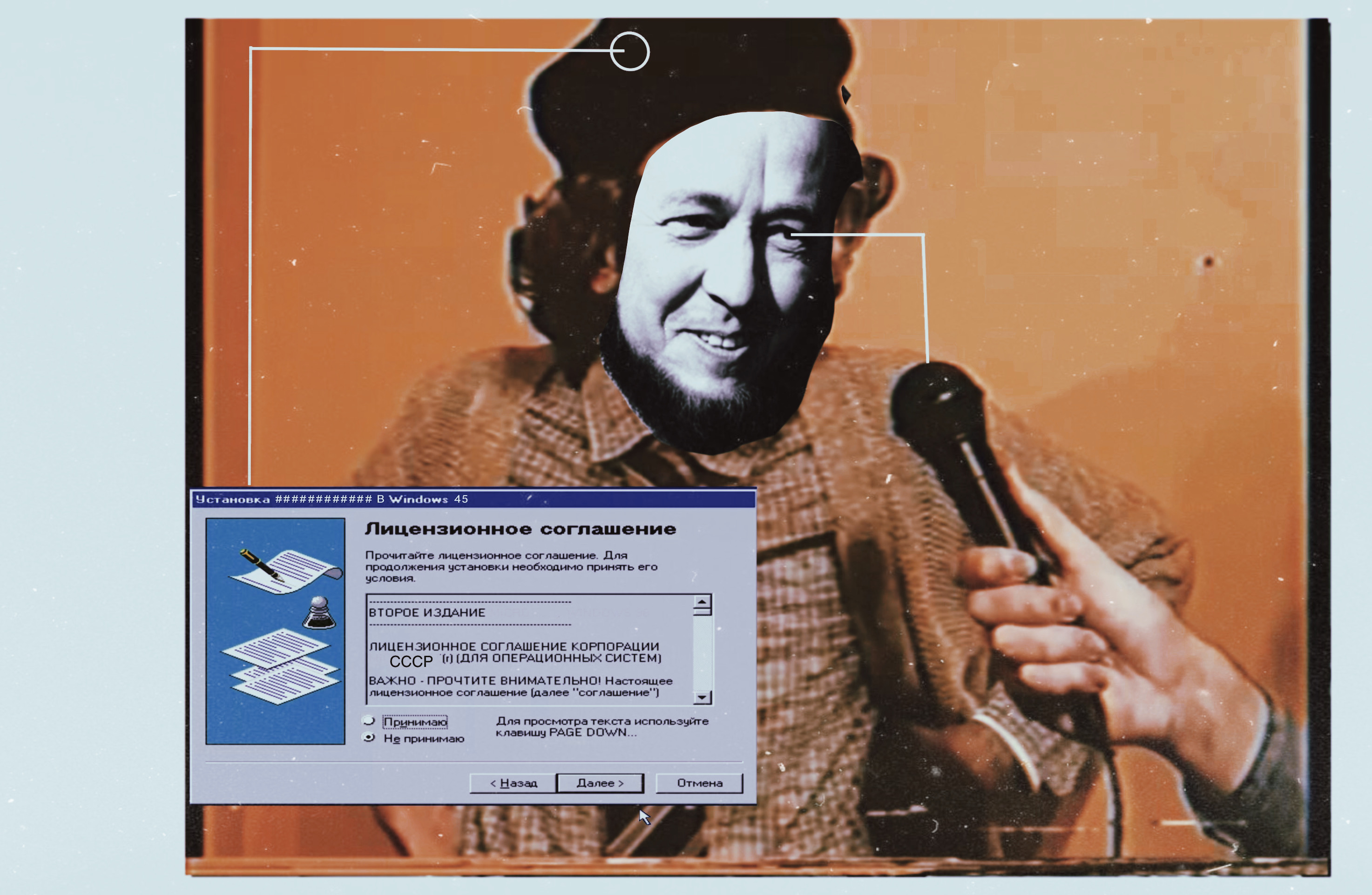
"Fooled by mathematics, I sit down to consult the glass cube of my inkwell and draw a couple of lines out of it."
The author of "The Gulag Archipelago", Nobel Prize winner in Literature, Alexander Isaevich Solzhenitsyn graduated from the Physics and Mathematics Faculty of Rostov State University. During his studies, he was an excellent student, a Stalinist scholar, adored his teachers and noted that he chose the faculty precisely because of the highly educated and charismatic teachers, whom he later mentioned more than once in his works.
His interest in literature in high school prompted him to become the editor of the faculty wall newspaper, which under his leadership was incredibly popular. So much so that shortly after the newspaper was suspended for the summer vacation, Solzhenitsyn was summoned to the party committee and urged to ensure the publication of the newspaper continuously.
Success in the creative field pushed Solzhenitsyn, in parallel with his studies at Physics and Mathematics, to enter the correspondence department of the Faculty of Art History at MIFLI (Moscow Institute of Philosophy, Literature and History).
After graduating (with honors) in physics and mathematics, the question of choosing a vocation did not stand before Solzhenitsyn - this happened in 1941, when both physicists and lyricists stood in one line.
In 1945, there was no choice either - since for criticizing Stalin in personal correspondence, Solzhenitsyn was sentenced in absentia to 8 years in forced labor camps. Although, thanks to his mathematical abilities, at first he served his sentence in a closed design bureau, and only then ended up in the camps.
After eight years, Alexander Isaevich was sent to an "eternal settlement" in the small village of Berlik in Kazakhstan. Here his technical education again served him well - he was able to get a job as a teacher of mathematics and physics in grades 8-10 at the local high school. The writer's biographers noted that if he could only teach humanitarian subjects (history, literature), then, probably, because of an ideologically unfavorable past, he would not be allowed to teach. Therefore, this work may have saved the former prisoner from starvation.
After returning from exile in 1956, Solzhenitsyn taught mathematics, electrical engineering and physics, first in Miltsevo in the Vladimir region, then in Ryazan, and only then completely switched to social and literary activities.
Fyodor Dostoevsky: "I am an engineer with my father"
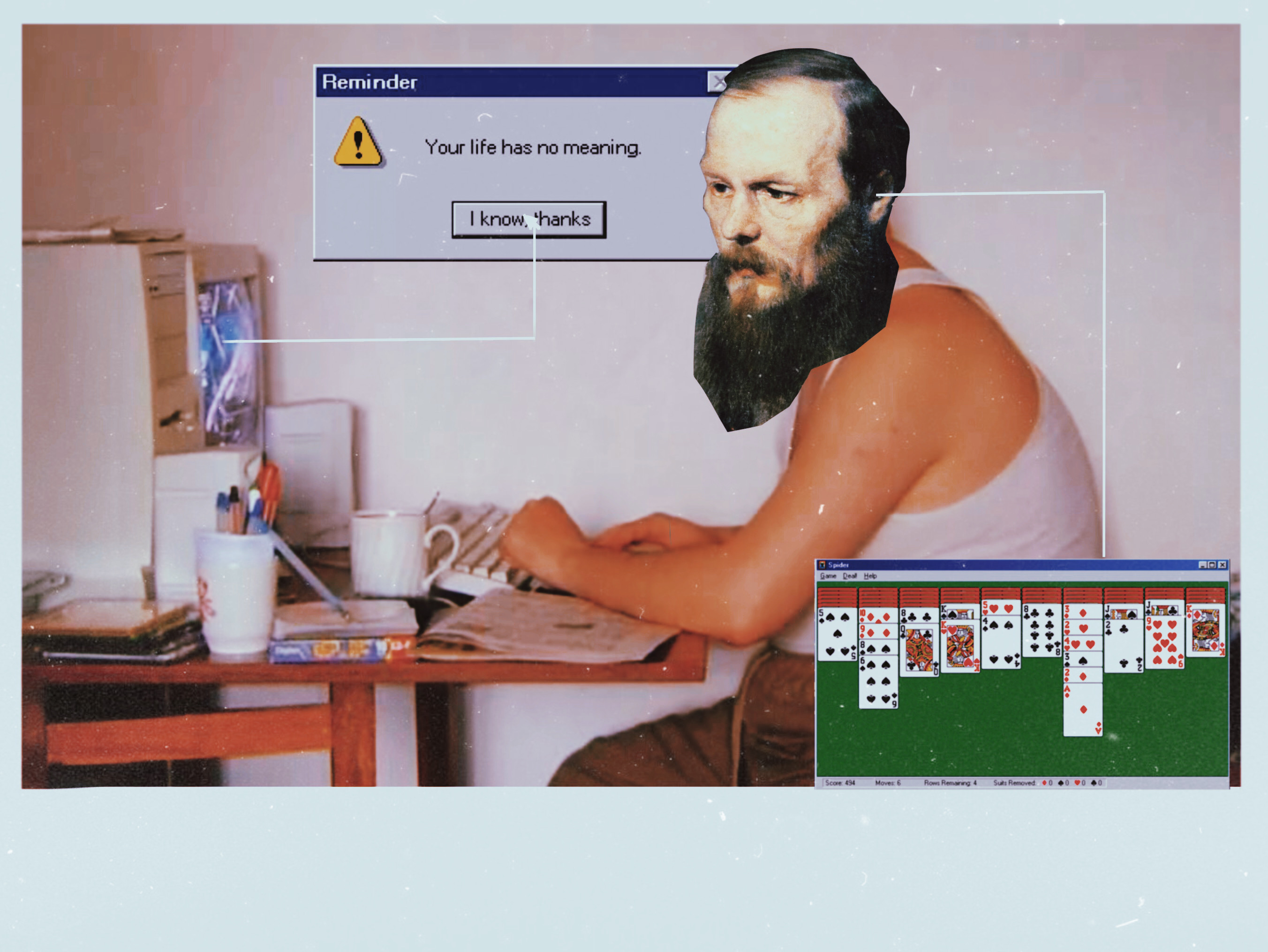
Unlike Solzhenitsyn, Fyodor Mikhailovich Dostoevsky dreamed of writing since childhood. But Dostoevsky's father decided that he could not provide himself with a pen for a decent future, and insisted that his son go to the Main Engineering School in St. Petersburg.
The obedient offspring, along with his older brother Mikhail, went from Moscow to the Northern capital, received an education and even served a little over a year in the St. Petersburg engineering team, before resigning from service with the rank of lieutenant and fully devoting himself to literature. However, before that, he managed to move from "dreams of poetry" to real literary practice. He founded a literary circle at the school, was engaged in the translation of other people's works and, of course, read a lot and tried to compose stories and novels. Thanks to several years of such “pen tests”, less than a year passed from the moment of dismissal from service to gaining fame in literary circles - which is certainly very cool, since years of vegetation in obscurity could cool the ardor of a young writer and force him to stop his writing career.
Fyodor Mikhailovich's technical knowledge now and then makes itself felt: now a piece of paper “describes a parabola in the air,” then Ivan Karamazov talks about the creation of the Earth, referring to Euclidean geometry. Some researchers of the writer's creativity even assume that many mathematical codes are encrypted in Dostoevsky's works.
So engineering education did not oust the writer from Fyodor Mikhailovich, but to a certain extent enriched the logical reasoning of the heroes of his works.
Lewis Carroll: one in six persons
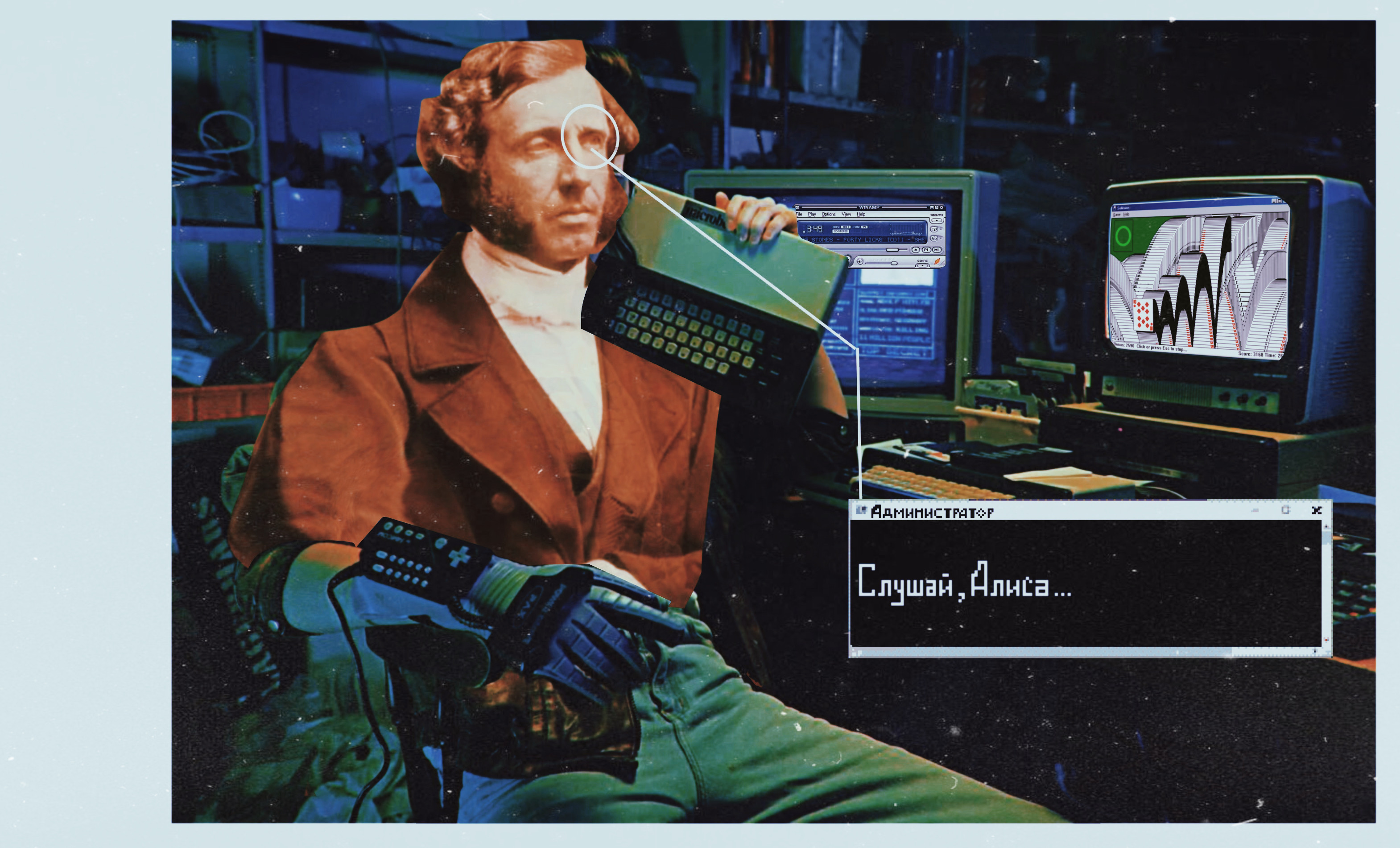
If Solzhenitsyn and Dostoevsky combined two professional roles, then the creator of Alice in Wonderland combined six hypostases at once: he was not only a writer and mathematician, but also a philosopher, logician, deacon and even a photographer.
The outstanding mathematical abilities that Lewis Carroll showed from school, allowed him to graduate from the prestigious Christ Church College at Oxford University, and then get a place of professor of mathematics at Oxford, where he subsequently worked for 26 years. There, in college, he met the prototype of his future most famous heroine - four-year-old Alice was the daughter of the dean of the college, philologist Henry Liddell.
Carroll published many scientific papers in mathematics under his real name Charles Lutwidge Dodgson. He was engaged in mathematical analysis, probability theory, Euclidean geometry, linear and matrix algebra. In particular, he developed one of the methods for calculating determinants , later called Dodgson condensation.
The writer was also interested in "entertaining mathematics", that is, he came up with various logic puzzles and puzzles, and then transferred the principles borrowed from there into his literary work, creating unique worlds of Wonderland and Through the Looking Glass. Paradoxes, patterns and riddles combined with great humor have made his work fascinating for large and small readers for over 150 years.
Nick Perumov: laboratory of fiction
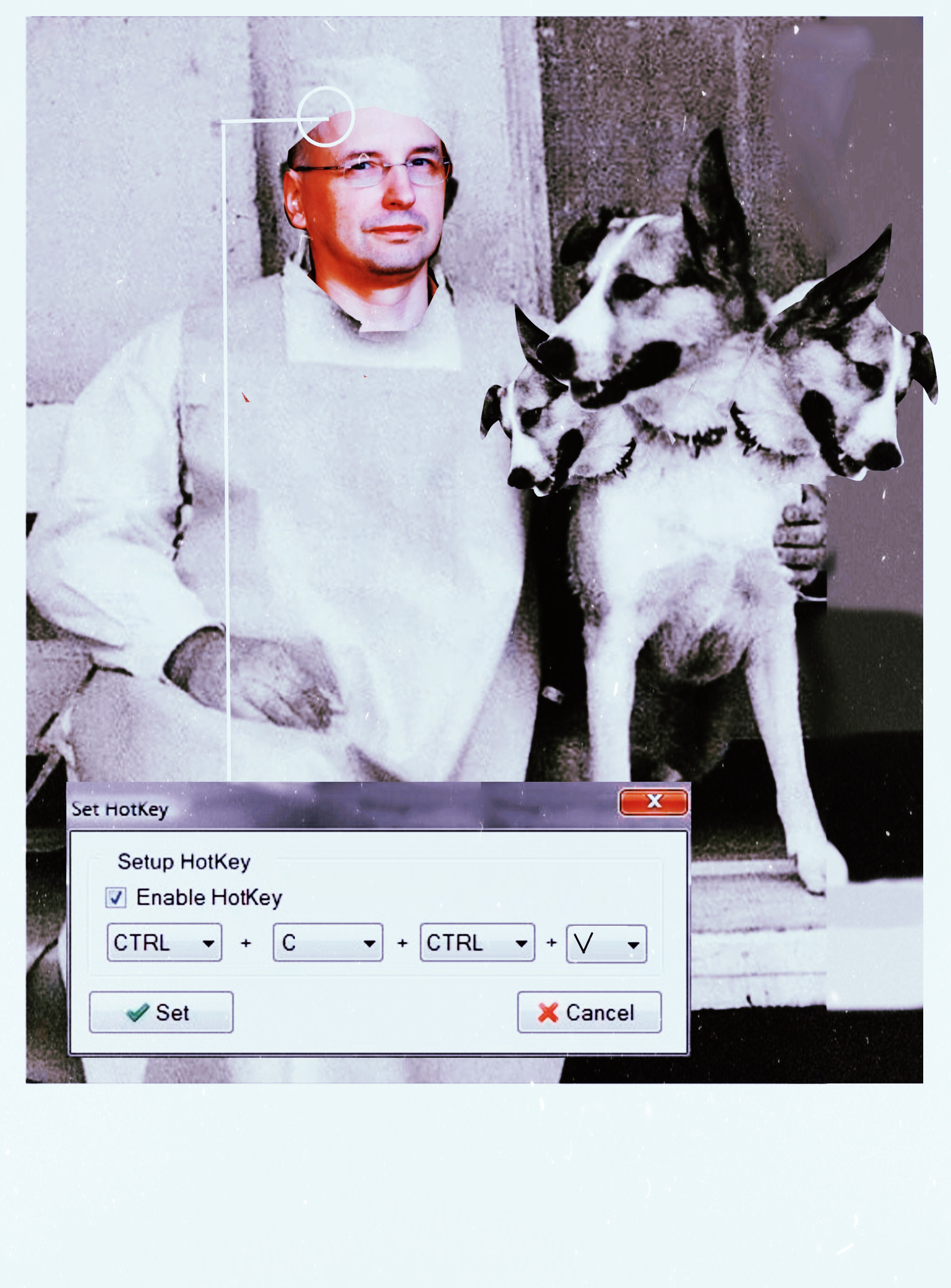
Nikolai Daniilovich Perumov, who is considered by many to be the founder of Russian fantasy, did not begin his professional career in the field of literary creativity.
He graduated from the Department of Biophysics, Physics and Mechanics Faculty of the Leningrad Polytechnic Institute, specializing in engineer-physicist. Later, for 10 years, he worked at the Leningrad Research Institute of Highly Pure Biological Products, where he was engaged in molecular biology and even participated in the development of methods for treating children affected by Chernobyl.
At the same time, from his youth, he was fond of science fiction and fantasy, was a member of the Tolkienist movement and, like many of the Professor's fans, composed works in the genre of fan fiction - that is, he came up with his own stories, using the heroes and the Universe of his beloved author.
However, he did not even think about a professional writing career until the crisis in the early 1990s, when funding for science was almost closed. Then Perumov began to earn extra money, writing "tabloid" literature, and for the first time thought about publishing his later legendary "Ring of Darkness" series - by that time it had already been going "hand in hand" in the samizdat format for several years.
After moving to the United States in 1998, Perumov got a job at a scientific institute and was engaged in biophysics and molecular biology, which did not prevent him from publishing more than fifty books translated into dozens of languages over the next years.
Evgeny Zamyatin: the writer who built icebreakers
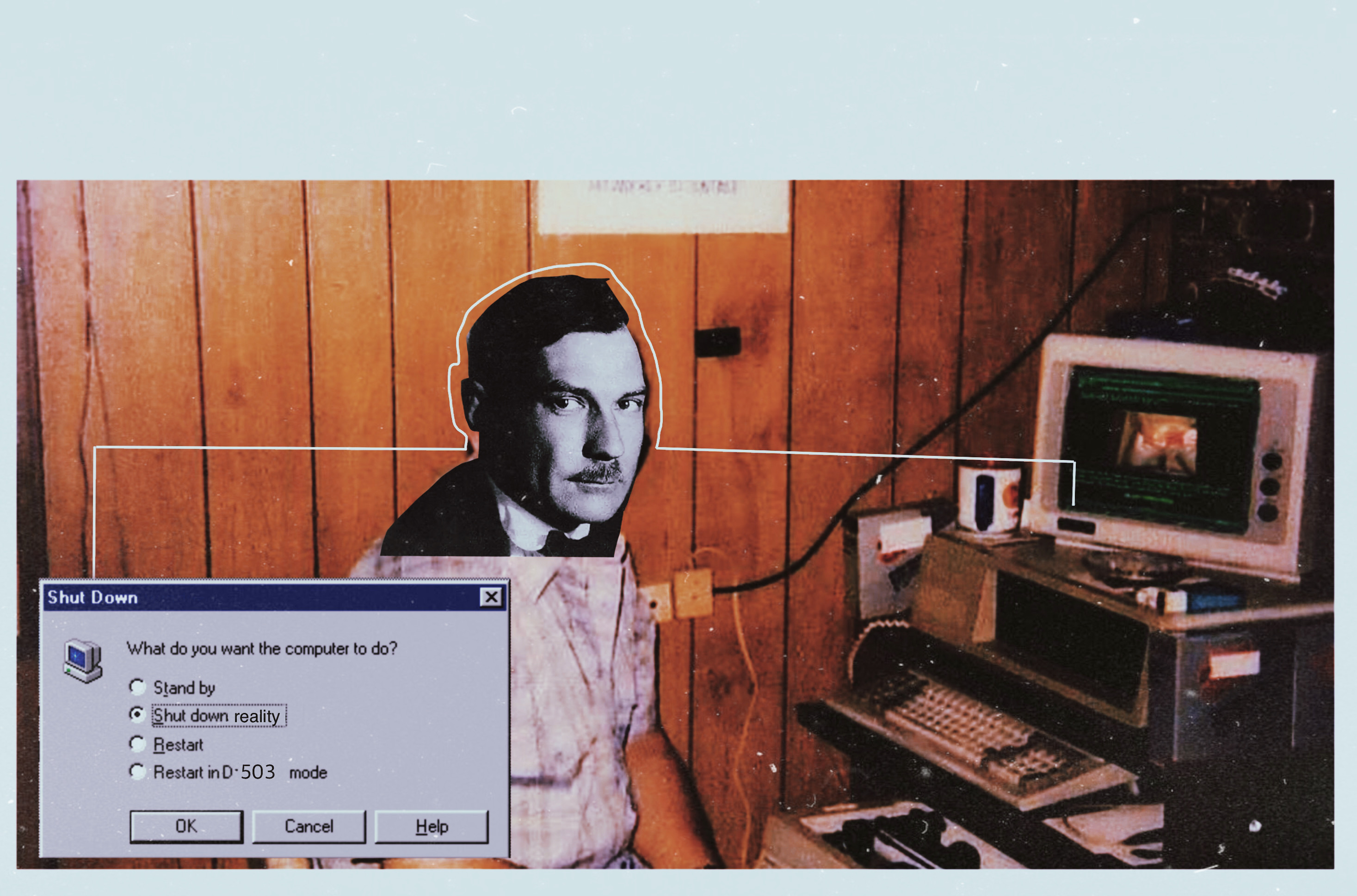
“In the gymnasium I got A's with plus for my essays and didn't always get along well with mathematics. It must be precisely because (out of stubbornness) I chose the most mathematical thing: the shipbuilding faculty of the St. Petersburg Polytechnic ”- this is how Yevgeny Ivanovich unusually explains his choice of specialty in his autobiography.
After completing his studies, the future writer worked as an engineer, and also taught shipbuilding, and in his free time he wrote and published stories and stories, for one of which ("On the Little Kulits") he was even brought to trial for an unsightly and repulsive image of the tsarist army during the First World War. and was exiled to Karelia.
In 1916, Zamyatin, as an experienced engineer, was sent to England to participate in the construction of Russian icebreakers at the shipyards of Newcastle, Glasgow and Sunderland. It was only after the revolution that he finally made literature his profession.
“In general, Zamyatin is a mathematician in literature,” noted one of the critics. In literary circles he was called "the grandmaster of literature", a rational person and "buttoned up." To understand that the technical past has significantly influenced his work, one does not need to deeply investigate his work - the most famous work of the author, the dystopian novel "We", is enough. The hero-narrator in the work is an outstanding mathematician, people are called "numbers" (D-503, O-90, I-330), they are surrounded by complex, but at the same time, very detailed technologies, and in the story itself there are algebraic, physical and chemical terms.
Boris Strugatsky: stories among the stars
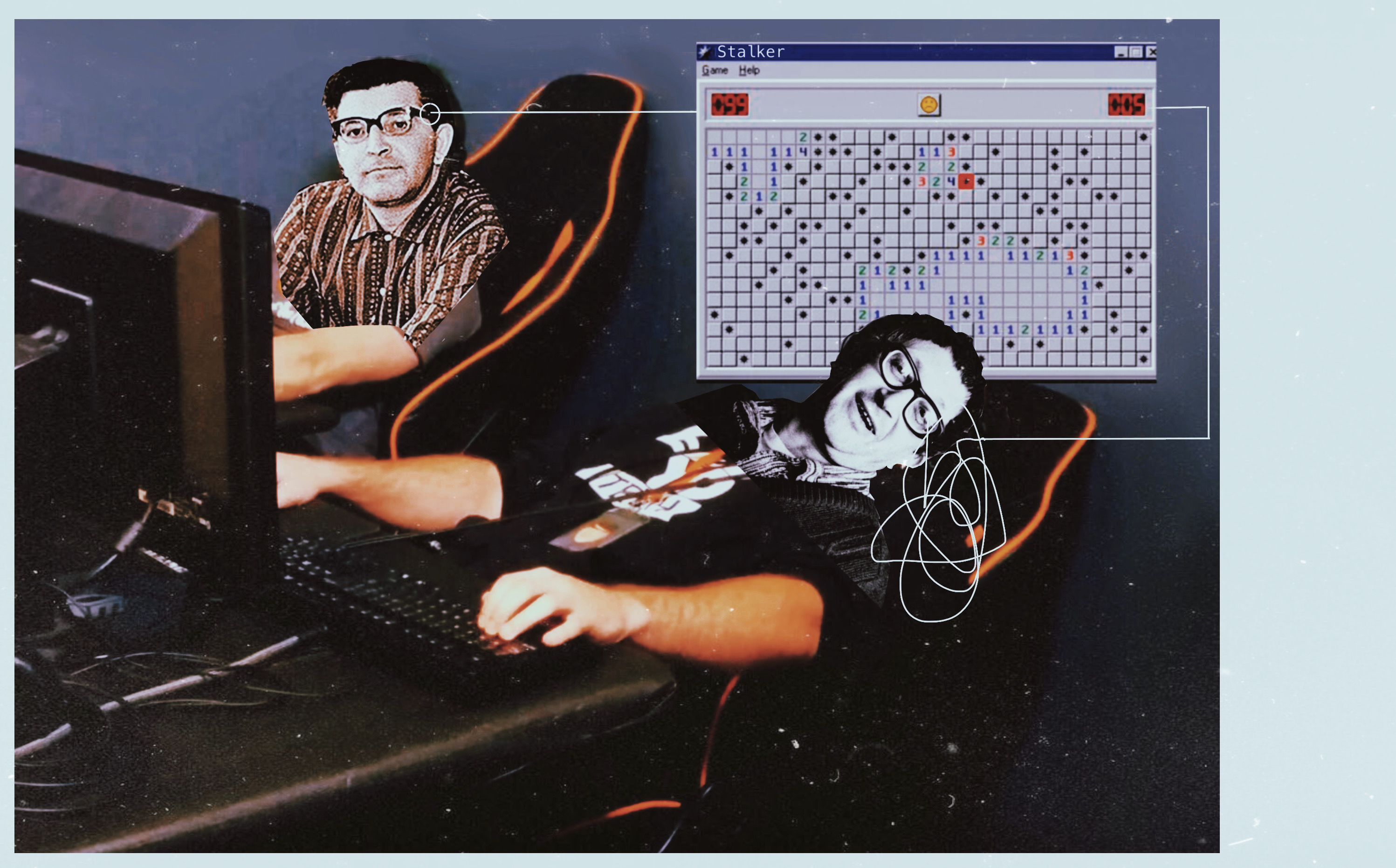
The future science fiction writer graduated from the Faculty of Mechanics and Mathematics of Leningrad State University with a degree in astronomer. Then he entered graduate school at the Pulkovo Observatory, worked there as an engineer at the counting station, and stayed there part-time even after he began to publish his literary works with his older brother Arkady, became a professional author and a member of the Writers' Union.
Having a serious technical education made it easier for Boris Natanovich to prepare for writing works. He did not hide the fact that he drew inspiration mainly from popular science literature, finding and developing original and bold ideas about the development of science and technology.
It is noteworthy that Strugatsky Sr., being a translator from English and Japanese by his main profession, was also not indifferent to astronomy and it was he who was responsible for those aspects of the works that were associated with descriptions of space and cosmic phenomena. But references to Japanese poetry are already a consequence of the love for the last "techie" Boris, that's such a paradox.
The works of the Strugatsky brothers have been translated into 42 languages, and not only a square in St. Petersburg is named after them, but also an asteroid.
Ted Chan: one of us
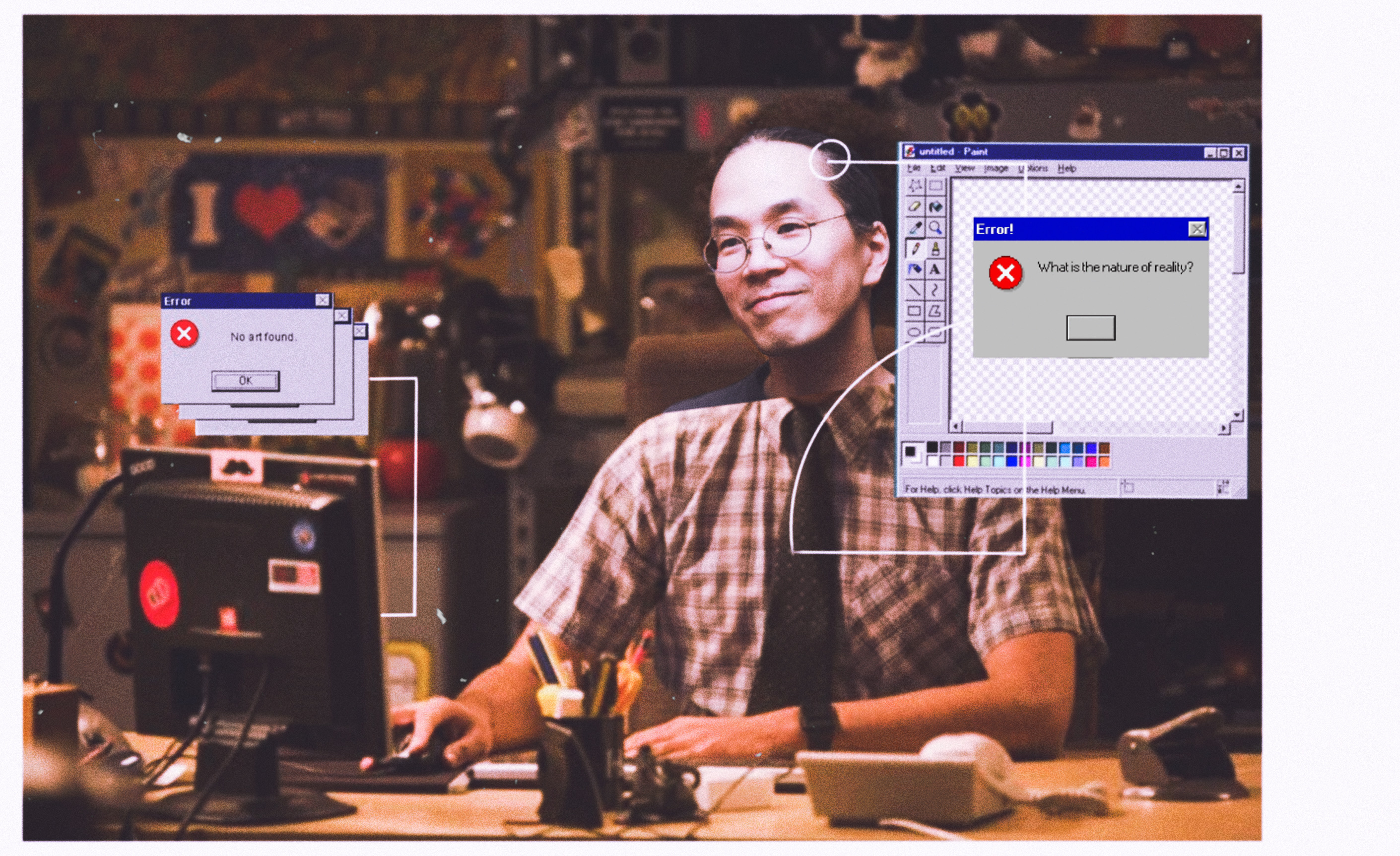
However, not only among the engineers and mathematicians of the past there are talented authors. So we conclude this article with a story about Ted Chan: a software engineer, computer scientist and science fiction writer.
Ted Chan was born in 1967 in the suburbs of New York and graduated from Brown University in Rhode Island with a degree in Computer Science. He has been writing stories since high school and submitting them to magazines. In 1990, after participating in a well-known writing workshop, he was able to sell his story "The Tower of Babel" to one of the magazines for the first time, which was a great success and received a number of prestigious nominations and awards.
Over the next 20 years, he published one collection of works and about 15 novellas and short stories - and received about the same number of literary awards. In 2016, the film "Arrival" was released, which is a screen version of his story "The Story of Your Life".
Notwithstanding all of the above, Chan continues to work as a technical writer for an IT company, releasing small sci-fi works every few years when inspiration strikes him.
If you condense the content of this article into one sentence or thesis, then it will sound like this: "Yes, a good techie can become an excellent writer, and a technical education can help in the literary field." We will be very happy if this material will give impetus to the creator and master of the word hidden in you, who usually hides behind the mask of a stern geek.

A great way to check whether it is worth waking up and developing a writer in yourself is to participate in our annual contest of IT articles " TechnoText-2020 ". Perhaps your first step into another life will be just a few clicks.
Go for it! We sincerely wish everyone good luck!